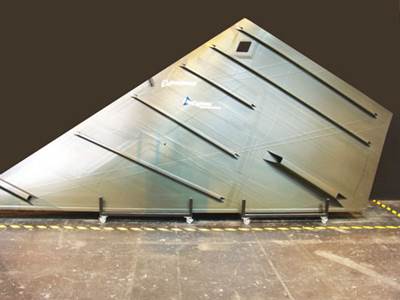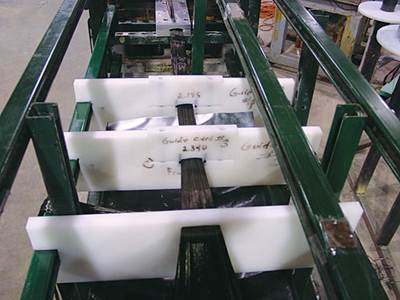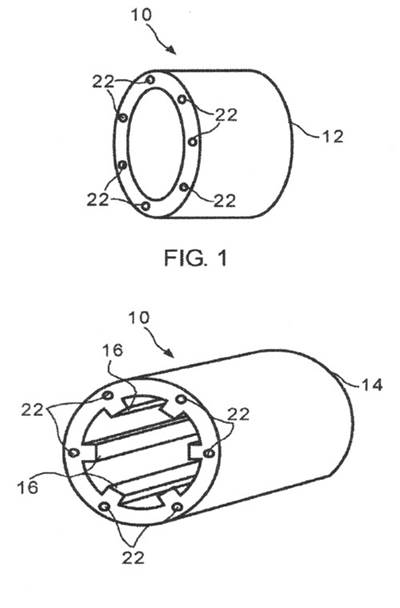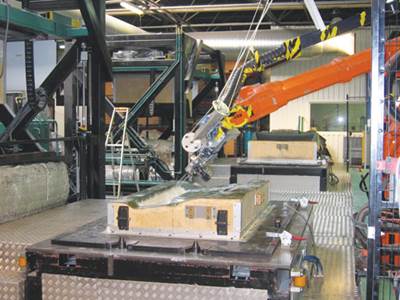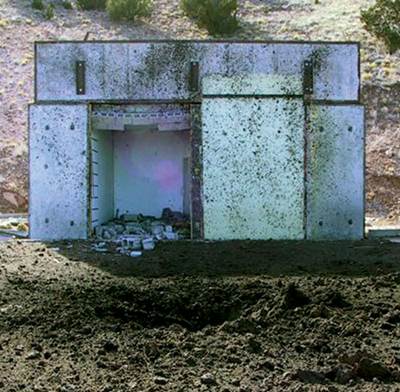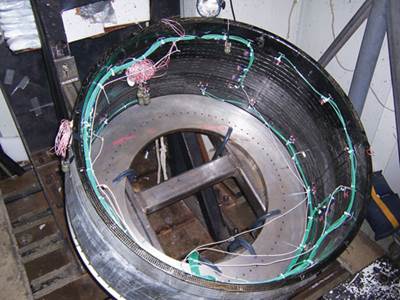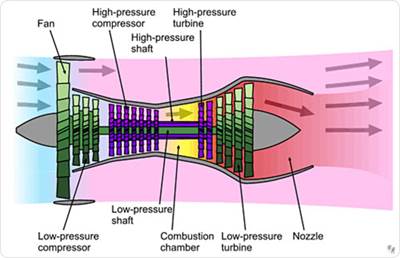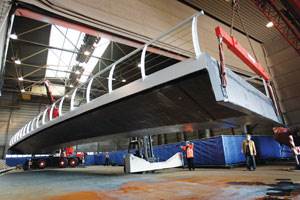Braiding
SAMPE Europe/JEC highlights
The global economy might be on the wane, but there was little evidence of it at the annual SAMPE Europe conference and nearby JEC Composites Show in Paris.
Read MorePultruding cost out of aerospace parts
 Design-for-manufacturing effort proves to be cost-effective for carbon/epoxy airfoil on expendable UAV.
Read MoreFiber reinforcement forms
Rovings, the most common form of glass, can be chopped, woven or otherwise processed to create secondary fiber forms for composite manufacturing, such as mats, woven fabrics, braids, knitted fabrics and hybrid fabrics. Rovings are supplied by weight, with a specified filament diameter. The term yield is commonly used
Read MoreWind Blade Manufacturing, Part I: M and P innovations optimize production
 As demand for wind turbines reaches unprecedented levels, rotor blade manufacturers explore new production strategies, including automation and blade segmentation.
Read MoreHigh-Volume Preforming for Automotive Application
 More than a dozen parts for four Aston Martin models are mass produced in France using Ford Motor Co.'s optimized Programmable Preforming Process and resin transfer molding.
Read MoreComposites and Polymer Concrete Refine Mining Processes for Nonferrous Metal
Cost-effective alternatives to steel-reinforced concrete offer corrosion-resistant acid tanks to electrolytic refinery operations.
Read MoreStructural health monitoring: Composites get smart
New initiatives are mainstreaming real-time monitoring systems into composites on aircraft, wind blades and other critical performance structures.
Read MoreAviation Outlook: Composites in commercial aircraft jet engines
Airlines' need for fuel-efficient flight provides the thrust behind composite lightweighting strategies in jet engine manufacturing.
Read MoreSAMPE ’08 technology showcase
Billed as the world’s largest advanced materials trade event, SAMPE’s 2008 Symposium and Exhibition returned to Long Beach.
Read MoreBuilding Bridges to Bridge and Building Rehab Markets
Despite a lack of standardization and education in the civil construction sector, these innovators use carbon and steel fibers to reinforce the business case for composites.
Read More